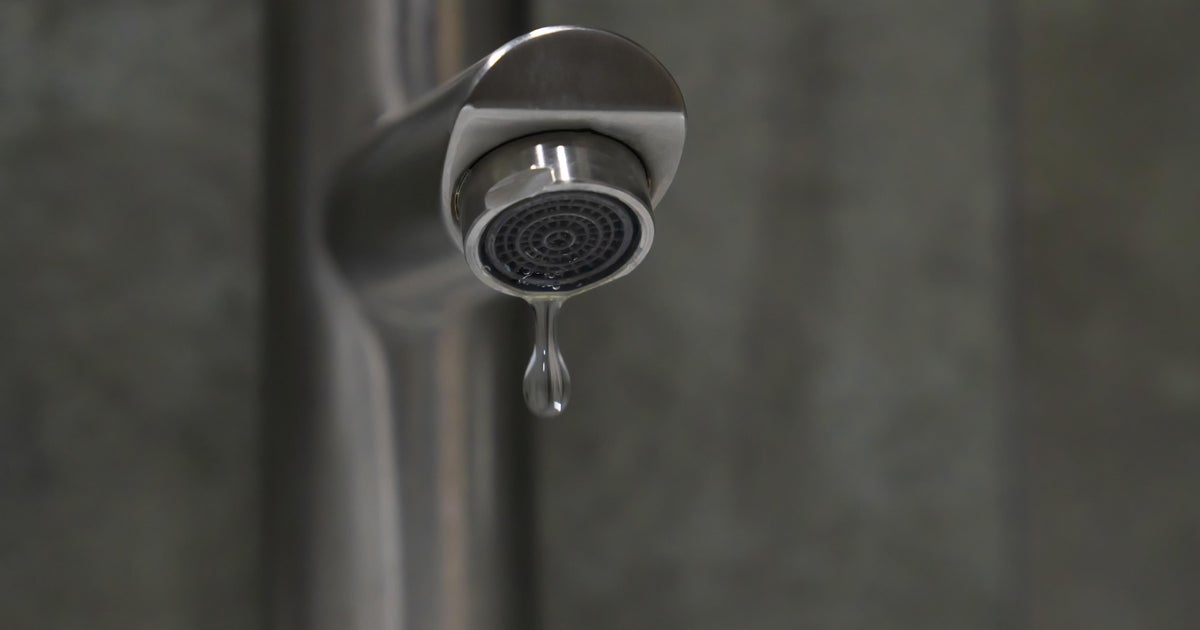Air District approves phasing out new natural gas furnaces, water heaters
SAN FRANCISCO – The Bay Area Air Quality Management District has approved new rules that would phase out and eventually ban the sales of new natural gas furnaces and water heaters, citing pollution concerns.
In a decision Wednesday, the agency's Board of Directors adopted amendments requiring the appliances to be zero-emission, effectively only allowing electric furnaces and water heaters.
"The 1.8 million water heaters and furnaces in the Bay Area significantly impact our air quality, resulting in dozens of early deaths and a wide range of health impacts, particularly in communities of color," said Dr. Philip Fine, the agency's executive officer, said in a statement.
According to a timeline released by the Air District, only zero-emission water heaters can be sold or installed in the Bay Area in 2027. The rule would apply to furnaces in 2029 and large commercial water heaters in 2031.
Officials said the emissions from natural gas building appliances account for a similar amount of nitrogen oxide pollution as passenger vehicles in the Bay Area.
Nitrogen oxide emissions contribute to the formation of ozone and particulate matter. Exposure has been linked to coughing, wheezing, difficulty breathing and increased susceptibility to respiratory infections.
Particulate matter has been linked to asthma, respiratory conditions, neurological disease, heart attack, stroke, lung cancer and premature death, officials said.
"This groundbreaking regulation will phase out the most polluting appliances in homes and businesses to protect Bay Area residents from the harmful air pollution they cause," Fine went on to say.
Officials stressed the change would apply only to new water heaters and furnaces, and would not mandate the immediate replacement of existing appliances. The rule does not apply to cooking appliances, such as gas stoves, which has become a political flashpoint.
The agency said the new rules would improve overall regional air quality and avoid up to $890 million per year in health impacts due to air pollution exposure. Officials estimate the change would prevent an estimated 85 premature deaths and dozens of new asthma cases each year.







